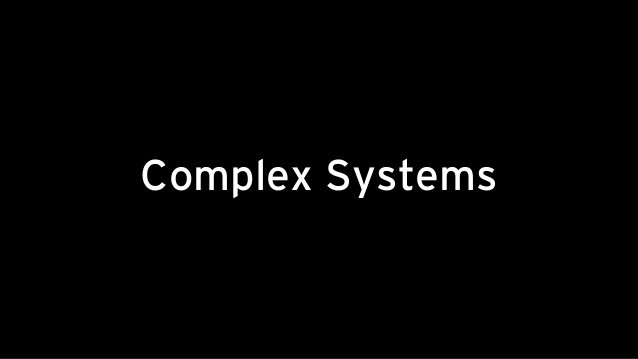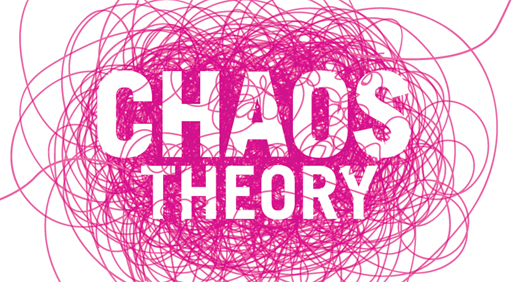Hello steemians!

The purpose of this series
As usual, I started this series some time back in order to understand certain basic human ideologies and fundamentals, and so far I've used it to initiate discuss on how humans behave, our nature and our tendencies. Please feel free to talk at length on the comment section.
Indeed, what is the human nature
Are we as humans bound to be good, or are we bound to be evil? Do we posses natural tendencies for certain activies while abhorring others? indeed it seems on a whole humans are bound by an invisible barrier to behave in a certain way, a certain behavioral process is expected from us not by law, but by human interjection.
Straight off, in order to give the simplest explanation, here is an extract from wikipedia;
Human nature refers to the distinguishing characteristics—including ways of thinking, feeling, and acting—which humans tend to have naturally.
These questions have particularly important implications in economy, ethics, politics, and theology. This is partly because human nature can be regarded as both a source of norms of conduct or ways of life.
The Complexity of humanity
Humans are complex beings, having complex thought processes and having complex interactions with the world every day. With this knowledge, it is expected that human behavior is not subject to being predictable, but yet despite the complexity we possess, it can be seen that over a long period of time, patterns emerge as to our overall behavior.
We pass the same routes to work everyday, we park at the same set of spots everyday, our interactions between people have similar conversations over a long period of time etc.
The human brain is the main culprit of cause, as it craves efficiency, we automatically create routines and habits to limit the amount of thinking that we do. The part of the brain called the basal ganglia acts as a store for these actions and they work well for us when we have certainty and predictability.
In this regard the human nature is both at once a chaotic system and a predictable
Using Chaos theory to explain human nature?
Chaos theory, without going too deep,is a theory that deals with the unpredictable nature of an event, such as the weather, or blood flowing through the body. Its basiclly states that:
given the same materials and same starting conditions, the end result of two or more seperate simulations of such events would end up having two drastic outcomes.
the weather after years of understanding, cannot still be predicted with any degree of accuracy.
In the same regard, giving the same objectves, tools, starting materials and instructions, the way we as humans could possibly go about a task two or more times could potentially be impossible to predict due to our complex thought patterns.
hypothetical situation

dark and spooky, me likey
imagesource
Suppose we have been handed a gun with 6 bullets, to walk to the end of the hallway and shot a zombie, the chaos theory tells us that no two tries will be the same. Due to the fact that human beings are complex, even with specified instructions like where to shoot, and time to shoot , variations such as reaction time, speed of walk, aim of the gun, mood and all that make it impossible to predict the exact actions of the person, not to mention that the individual might possibly renegade on your instructions anyway and shoot lets say the head as opposed to say, a leg.
Yet despite the complexity, we have predictability,
We can, over a period of time, notice certain patterns that occur. In regards to weather, we can predict that rain falls much more during certain period of time and conditions,we can predict that a certain season is approaching, we can predict that snow will come during the winter days.
In regards to our hypothetical situation, we can predict, over a period of time that certain actions are more likely to be taken by the individual.
In everyday life, we have a set of routines and habits that we often absent mindedly go through. Over time theses actions become predictable,they beomes automatic responses, just the way the brain wants it.
We are neither random nor Predictable
Due to personal studies, I can only conclude that human actions cannot be predicted over the short term, though a collection of events form a fractal( writing on fractals later) and a pattern emerges. This pattern, over the years, like a river flowing down a path, forms the basis upon which human nature can be predicted.


Something when you read a post you will read it over and over because you see something strange about the post. This post worth slow and steady reading to understand what the post is all about. Awesome post @destinysaid
Downvoting a post can decrease pending rewards and make it less visible. Common reasons:
Submit
Sorry if it's a bit confusing, these diary sessions are just my personal thoughts on many subjects pertaining to human beings, as such I imprint my full personality onto it. :)
Downvoting a post can decrease pending rewards and make it less visible. Common reasons:
Submit
Now I understand weldone
Downvoting a post can decrease pending rewards and make it less visible. Common reasons:
Submit
Chaos theory, never came across that in my short Engineering sojourning....
Have been schooled by the maestro
Downvoting a post can decrease pending rewards and make it less visible. Common reasons:
Submit
Its not really engineering, but rather a branch of mathematics that tries to explain natural phenomenons. Fractuals are used a lot for this sort of things.
Downvoting a post can decrease pending rewards and make it less visible. Common reasons:
Submit
phenomenal...
Downvoting a post can decrease pending rewards and make it less visible. Common reasons:
Submit
Humans are dynamical in nature.. 9ce one sir.
Downvoting a post can decrease pending rewards and make it less visible. Common reasons:
Submit
Maybe its just part of how nature programmed us. If i must say, i do find it difficult to catch up with myself in most scenario of life.
Downvoting a post can decrease pending rewards and make it less visible. Common reasons:
Submit
Really fascinating, but I'll have to come back tomorrow, to read again.. too late already. But I didn't want to leave without raising my hat to you!
Downvoting a post can decrease pending rewards and make it less visible. Common reasons:
Submit
Thanks sir Reinhard, glad you liked it, these are my personal thoughts on several issues bugging me, glad that someone could read and understand it. If I may ask though, what do you think humans tend to most often, peace or war.
Downvoting a post can decrease pending rewards and make it less visible. Common reasons:
Submit
Looking at the history of mankind would make one think, the answer to your question must be war
But I would like to believe, that the picture is distorted and the amount of people living in peace at any given time by far surpasses that of those suffering in war. The reason for that is (in my humble opinion), that nobody "reports" peace, so to speak. In our historybook, most of the dates are related to conflict. For instance, when the 30 year war devastated large areas of Europe, a much bigger part of the globe, might not even been aware of it... but nobody counts the folks, enjoying peace at the time... don't know if I'm making any sense.
Same when you watch the news. Conflict and suffering everywhere. Now don't get me wrong, I'm not trying to downplay this, but peace is taken for granted and isn't worth an extra headline (being a bit cynical)... and with the news being the way they are, we think war is all around us.
I think man is basically "good". Whatever that might be and in order to go on, we'd have to define it first. Plus, the age old question remains... what makes something good? The intention, or the outcome?
Downvoting a post can decrease pending rewards and make it less visible. Common reasons:
Submit
Simply ingenious @destinysaid. I yearn for more
Downvoting a post can decrease pending rewards and make it less visible. Common reasons:
Submit